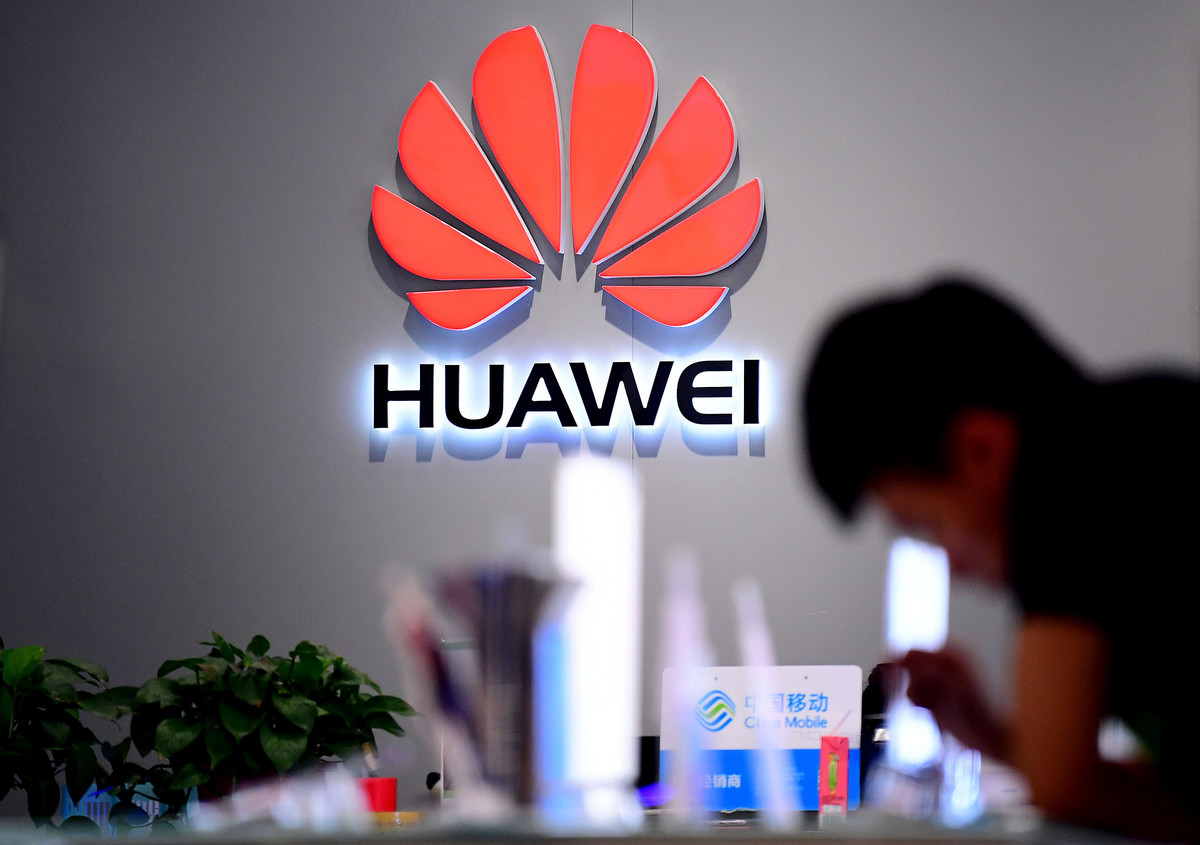The US government is weighing new limits on sales of chips and other vital components to Huawei, sparking another furious round of lobbying by technology companies. Industry associations representing US chip makers, software companies and manufacturers have written to Secretary of Commerce Wilbur Ross in recent weeks arguing against the changes, according to copies obtained by Bloomberg News.
Some U.S. companies have continued selling to Huawei even after the blacklisting, citing rules that limit the government’s ability to restrict exports. De minimis provisions exempt certain products if companies can prove the majority of work done to create the items happens outside the U.S. The current threshold effectively kicks in when 75% of the work occurs overseas.
EDITOR’S PICK: Disputes over Huawei security threats leads to Czechs Cybersecurity Chief being fired

The administration is considering raising that to 90%, and broadening the list of products, people familiar with the discussions said. The change could come as soon as January, added the people, who asked not to be identified discussing policy deliberations. This will obviously put a cork on the current loophole, effectively reducing Huawei’s presence.
U.S. tech companies have already struggled to comply with the original Huawei ban, while keeping access to the Chinese market, the largest in the world. The government in Beijing has threatened to retaliate against companies that stop supporting Huawei, resulting in just a very messy situation all around.

In November, the Commerce Department said it started approving some applications for licenses to do business with Huawei, while rejecting others. It characterized the approvals as “narrow.” Microsoft Corp. got a license. It’s unclear which other companies got approved and how the decisions were made, but it’d be great if these got streamlined quicker.
UP NEXT: US House of Representatives passes bill barring government from buying Huawei gears
(Source)







